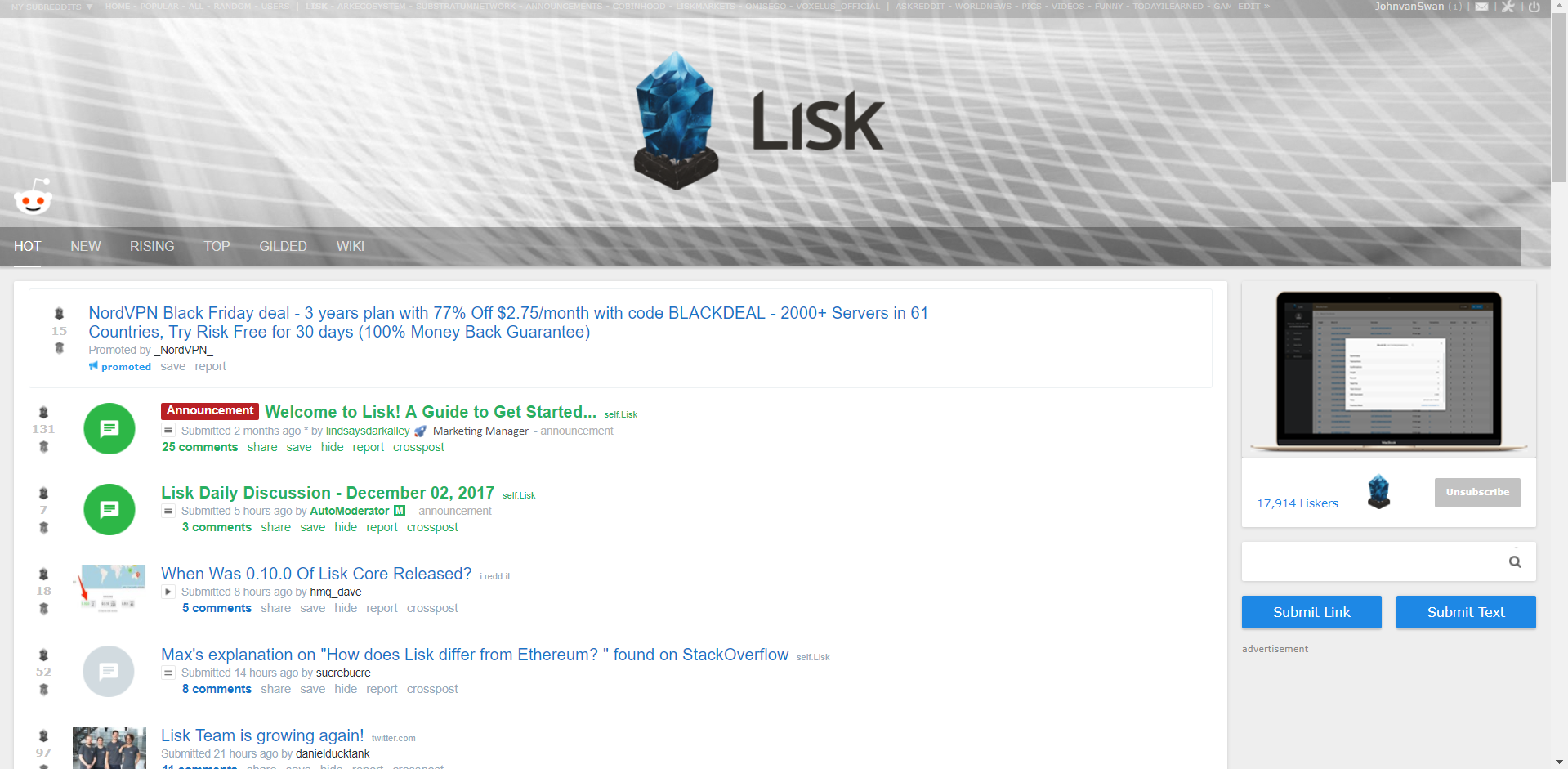During my first few weeks in the crazy world of crypto, I used every social media platform I could find to keep up with the ins and outs of my investments. Someone on Facebook shared this, so I went to YouTube to check it out, after which I turned to Reddit to find some additional information while checking Twitter for any updates, and then I applied for the Slack group to find an answer to my newly born question.
I soon found out that this time-consuming process was probably not efficient, since so far it hadn’t particularly increased the value of my crypto investments. I decided to assess the different social media platforms based on their general contribution to my crypto-based knowledge and whether they match my mid- to long-term strategy. What follows are my general findings.
With 2.1 billion active users, Facebook is most likely the first social media platform investors turn to for crypto-related communities. The number of these communities has exploded over the last few months, and in my experience it’s quite hard to find a group that actually provides value to you.
Too many members often leads to an overload of questions and posts that do not relate to you. You’ll find yourself scrolling endlessly down the homepages of these groups in search of that one link that you find interesting. Moreover, if you’re a beginner and you have a question, most members won’t reply, since the question has probably been asked a few dozen times before.
Although Facebook isn’t the most effective way to find information, there are quite a few groups that can help out a lot. Look for small groups whose members have the same goals as you have. If you’re just getting started, you don’t want to get an overkill of technical analysis.
YouTube
YouTube can be an excellent tool, as you can stay up to date with the daily news, watch coin reviews, learn about trading and markets, and a lot more. YouTube has the answer to almost all your questions, although these answers can be quite biased. Always do additional research and don’t simply follow the advice of a YouTuber. There are plenty of channels that direct their subscribers to MLM schemes, such as Bitconnect, for personal gains. Moreover, there are YouTubers who lead pump and dumps. Nonetheless, it can be an entertaining way to get your research started. Here’s a list of our favorite crypto Youtubers!
Plenty of information can be distilled into 280 characters, especially when it’s coming from leading blockchain figures and crypto CEOs. Having live access to anything that comes up in the minds and lives of these experts can be both informative and lucrative. Besides market and company updates, Twitter is also a great source for more in-depth information, as various blockchain experts share a lot of high-quality articles and book recommendations. Be selective in following people and make sure you’re following the real person.
Reddit provides a large variation of user-generated content. You can subscribe to subchannels devoted to a single cryptocurrency. You can learn a lot from discussions amongst the subscribers, and it’s a great way to stay up to date with a project’s latest developments.
Most active members of Reddit subchannels know what they’re talking about, as they are generally participating in a subchannel because of a strong belief in success over the long term for that cryptocurrency. It’s a great platform for discovering new information and seeing projects from multiple perspectives.

Steemit
Since Steemit runs on a blockchain, you’ll certainly meet fellow crypto enthusiasts on this new social media platform. Most of the users are quite informed, and have been in the game for a while. As creators of content get directly rewarded with Steem cryptos, authors put a lot of effort into their articles, making Steemit a great place to go for high-quality information and insights. Make sure to go through the comments as well, since these can prove to be just as valuable!
Slack
Slack is turning out to be the go-to platform for direct contact with crypto developers. Most cryptocurrency teams have created Slack groups, where they answer questions from the community on a regular basis or during AMAs (askmeanything). Slack communities can answer nearly all your questions regarding a crypto as well. There’s usually the sense in these discussions that this is the one crypto that will go to moon and beyond, so keep that in mind. Besides the community bias, Slack is a sound platform for the collection of in-depth and technical information.
Telegram
Telegram is being used in more or less the same way as Slack, only it is a lot more secure. Besides the developers, crypto enthusiasts and crypto opportunists alike also create groups. You’ll receive direct updates from the community about the status of a particular project, and you can learn from and participate in a lot of discussions.
There are also a lot of pump and dump groups, which sounds fantastic, but they only benefit the few. You could be in the 8th Telegram group that receives the information about a pump, thinking you can still buy cheap when actually you would be buying the crypto from the ones who started the pump. If you’re among the first ones in a pump, make sure you understand that return equals risk.
Strategy
Each social media platform described is based on the content shared by its users. However, each platform has different features and restrictions. This has led to each platform being used in a different way. It’s important to first decide what your strategy will be.
For instance, if you’re a long-term investor and don’t want to spend time on trades, Twitter and Telegram might not be the best tools, but Reddit and Slack will turn out to be highly valuable. Facebook will waste a lot of your time, but every now and then you might find a new cryptocurrency that you hadn’t heard of yet. Use your social media platforms strategically, as they can be time-consuming and very ineffective when you’re not using them for the right purposes.
If you’re just starting off, YouTube is an excellent way to gain as much information as you like. After this, you will want to find a group of peers who are at a similar stage of blockchain investing, which can be found on Facebook, Slack, Steemit, and Telegram. For constant updates of what’s going on, Twitter is by far the best social media outlet. Finally, for in-depth information, Reddit and Slack are your places to go to.
Always make sure you’re at the same level as your peers, otherwise you may feel out of your depth when reading posts. If you’re stick to groups and forums tailored for your level, then it’s sure to be a fruitful experience for you and your social media peers, with the potential for learning and investment growth for everybody.

